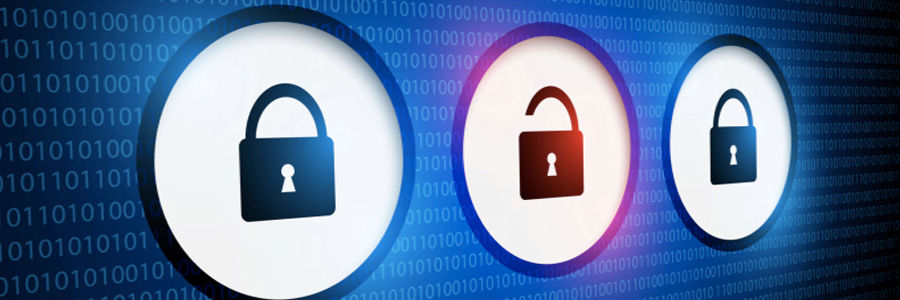With over four billion internet users around the globe totaling roughly 59% of the population, the internet is rife with opportunities for hackers to steal users’ information. And with technology constantly evolving and the internet growing, it’s not likely to get safer anytime soon.
Improve internet security with these easy tips
Cybersecurity lessons we learned from 2020

COVID-19 has redefined the global workplace, forcing many businesses to adopt new tools and practices to ensure worker safety. The pandemic has also shone light on the crucial importance of cybersecurity, with digital crimes rising as remote work is normalized (leaving employees more vulnerable to online attacks).
According to a 2020 study, as companies shifted to telecommuting arrangements, the number of unsecured remote desktops rose to over 40%. This was then followed by a 400% surge in brute force remote desktop protocol cyberattacks in March and April.
4 Main culprits of slow internet on your smartphone
How Office Delve works

More and more small- to medium-sized businesses (SMBs) are relying on Microsoft 365 as their productivity suite of choice. When this software solution was released years ago, the developers touted it as the ideal tool to help employees become more productive, collaborate more efficiently, and complete tasks on time.
Leverage your mobile device’s biometrics authentication capabilities
Improve customer data collection with these tips
Avoid these 5 bad business security practices

Many small- and mid-sized businesses struggle to protect their data, often neglecting a critical component in their security strategy. If your organization still follows one or more of these bad security practices, correct them as soon as possible.
Open wireless networks
With just one main internet line and a couple of wireless routers, an entire office can get online.
Wi-Fi router features you need to keep in mind

Wireless routers are essential for operating a modern business. These allow one network connection to essentially be split into many and then shared by different users and devices — usually over a Wi-Fi connection. If you are looking for a new Wi-Fi router for your office, there are some important features you should be aware of.






